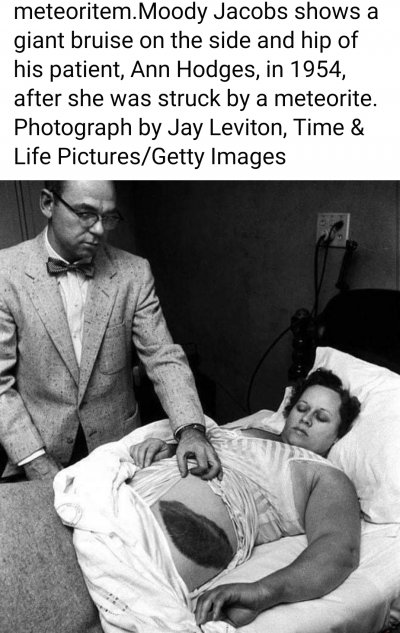ramonmercado
CyberPunk
- Joined
- Aug 19, 2003
- Messages
- 58,254
- Location
- Eblana
When Collins was hidden by Dublin Jews.
New evidence of Michael Collins evading the Black and Tans by masquerading as an elderly Jewish man on his way to synagogue, and speaking "gibberish" has been unearthed by genealogist Stuart Rosenblatt.
Jews were for centuries the second-largest religious group in Ireland. Those who attended the Dublin Hebrew Congregation, then at Adelaide Road Synagogue passed down the tale orally and Rosenblatt first heard of it from the late Julie Lapedus, a participant. He has also heard ‘secondhand’ accounts, including one from the late Sybil Fishman, whose father was also a witness. Had they not sheltered Collins, who knows what would have happened to Irish independence as we know it?
Rosenblatt said: “The Easter rising coincided with Passover celebrations and many Jewish families drew parallels between the Hebrew fight for freedom; Moses taking us from Egypt and the Irish independence struggle.” ...
One fateful Friday afternoon in 1920, the Tans descended on Longwood Avenue. The area between Leonard’s and Kelly’s corner was blocked off by either an armoured car or lorry and then the searches commenced. They swept every house and took some away for questioning. ...
Soldiers were bombarded with Yiddish, Russian, Lithuanian, and Polish, leading to more confusion. The Black and Tans, in an effort to rid themselves of the crowd, stepped aside and allowed them to go worship.
As they reached Walworth Road, Reverend Gudansky and his aged companion stopped and shook hands. The man removed his hat and boomed: “Thank you! Thank you!” to the crowd in a Cork accent. He was none other than Michael Collins in disguise. He winked and said: “I will send for the bicycle later” and darted away to his next hideout.
A note from Quentin Crivon to Rosenblatt adds a wonderful addendum to this story: Michael Collins first went into Crivon’s grandfather, Joseph Kervon’s house, on Longwood Avenue and jumped over the wall into Reverend Gudansky’s back garden next door, because it was a safer pathway to enter unnoticed. And the rest is history. It seems most likely that he had borrowed his clever disguise - the traditional Jewish garb from the Reverend’s house.
Rosenblatt has written about this incident in his book, Moments to Remember in Jewish Ireland. ...
Stuart Rosenblatt is seeking further information about Irish Jewish history or genealogy. See www.irishjewishroots.com or email [email protected].
https://www.irishexaminer.com/news/arid-40822321.html
New evidence of Michael Collins evading the Black and Tans by masquerading as an elderly Jewish man on his way to synagogue, and speaking "gibberish" has been unearthed by genealogist Stuart Rosenblatt.
Jews were for centuries the second-largest religious group in Ireland. Those who attended the Dublin Hebrew Congregation, then at Adelaide Road Synagogue passed down the tale orally and Rosenblatt first heard of it from the late Julie Lapedus, a participant. He has also heard ‘secondhand’ accounts, including one from the late Sybil Fishman, whose father was also a witness. Had they not sheltered Collins, who knows what would have happened to Irish independence as we know it?
Rosenblatt said: “The Easter rising coincided with Passover celebrations and many Jewish families drew parallels between the Hebrew fight for freedom; Moses taking us from Egypt and the Irish independence struggle.” ...
One fateful Friday afternoon in 1920, the Tans descended on Longwood Avenue. The area between Leonard’s and Kelly’s corner was blocked off by either an armoured car or lorry and then the searches commenced. They swept every house and took some away for questioning. ...
Soldiers were bombarded with Yiddish, Russian, Lithuanian, and Polish, leading to more confusion. The Black and Tans, in an effort to rid themselves of the crowd, stepped aside and allowed them to go worship.
As they reached Walworth Road, Reverend Gudansky and his aged companion stopped and shook hands. The man removed his hat and boomed: “Thank you! Thank you!” to the crowd in a Cork accent. He was none other than Michael Collins in disguise. He winked and said: “I will send for the bicycle later” and darted away to his next hideout.
A note from Quentin Crivon to Rosenblatt adds a wonderful addendum to this story: Michael Collins first went into Crivon’s grandfather, Joseph Kervon’s house, on Longwood Avenue and jumped over the wall into Reverend Gudansky’s back garden next door, because it was a safer pathway to enter unnoticed. And the rest is history. It seems most likely that he had borrowed his clever disguise - the traditional Jewish garb from the Reverend’s house.
Rosenblatt has written about this incident in his book, Moments to Remember in Jewish Ireland. ...
Stuart Rosenblatt is seeking further information about Irish Jewish history or genealogy. See www.irishjewishroots.com or email [email protected].
https://www.irishexaminer.com/news/arid-40822321.html



